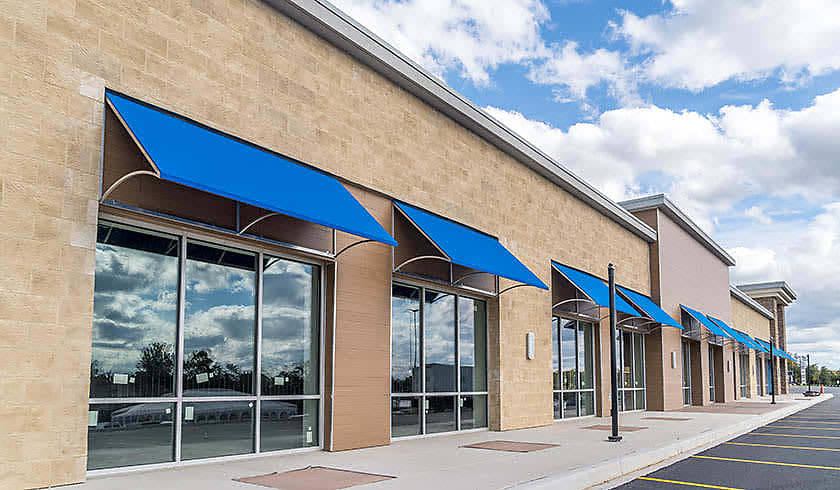Why 2023 will be the year of commercial rental growth
Strong rental growth will help lessen the impact of rising interest rates on commercial properties in 2023, according to a new report.

Knight Frank’s 2023 Outlook Report predicted that if bond yields settle at 3.5 per cent over the next 12 months and the current rate of rental growth is maintained, investors in the sector can expect a 50-bp yield shift in the prime Sydney and Melbourne CBD office markets and a 100-bp rise in prime industrial markets.
“To end Q3, we have already seen a 25–40 basis point rise in major office markets and a 50–75 basis point shift in industrial markets nationally,” it explained.
“While significant, these forecasts are milder than in previous cycles, with sustained income growth helping to mitigate the impact of higher interest rates.”
It also noted that a portion of this outward shift can be clawed back by 2024–25 if central banks, including the Reserve Bank, revert to cutting rates — an event that is widely anticipated by market observers.
Although the report acknowledged that the country is not immune from global economic and market pressures, underlying demand for Australian real estate from international investors remains strong.
“This will help to mitigate against downside risks in the near term and underpin a resurgence in demand once conditions settle, especially when set against the backdrop of Australian dollar depreciation which will bolster demand from US and Singaporean investors,” the report explained.
“The strength of rental growth is acting to offset these macro headwinds — across both the industrial and office markets.”
The report also noted rental growth across industrial and office markets is helping drive the market.
“In industrial, surging rental growth is providing a powerful counterpoint to outward yield shift, and to date has been sufficient to offset the yield shift and allow values to continue to grow,” it said.
“In office markets, a return to rental growth has helped to support values, particularly for prime assets in major CBDs.”
Knight Frank noted that the offsetting influence of rental performance is a reminder that the outlook for income growth is a key determinant of property value alongside the prevailing yield.
“With higher risk-free rates on offer to investors, required returns and hence target Internal Rate of Return (IRR) will rise, but this will have a divergent impact on yields depending on the income growth outlook, with markets and assets perceived to have strong income growth prospects much less exposed to outward yield shift,” the report stated.
It further explained that the past decade has delivered significant yield compression, allowing for high investment returns even in the absence of strong rental growth.
“In the current climate, however, the growth equation has become more urgent, and a renewed focus on income growth to guide investor strategy and asset selection during 2023 — including through interest in emerging asset classes such as life sciences and healthcare,” the report concluded.
